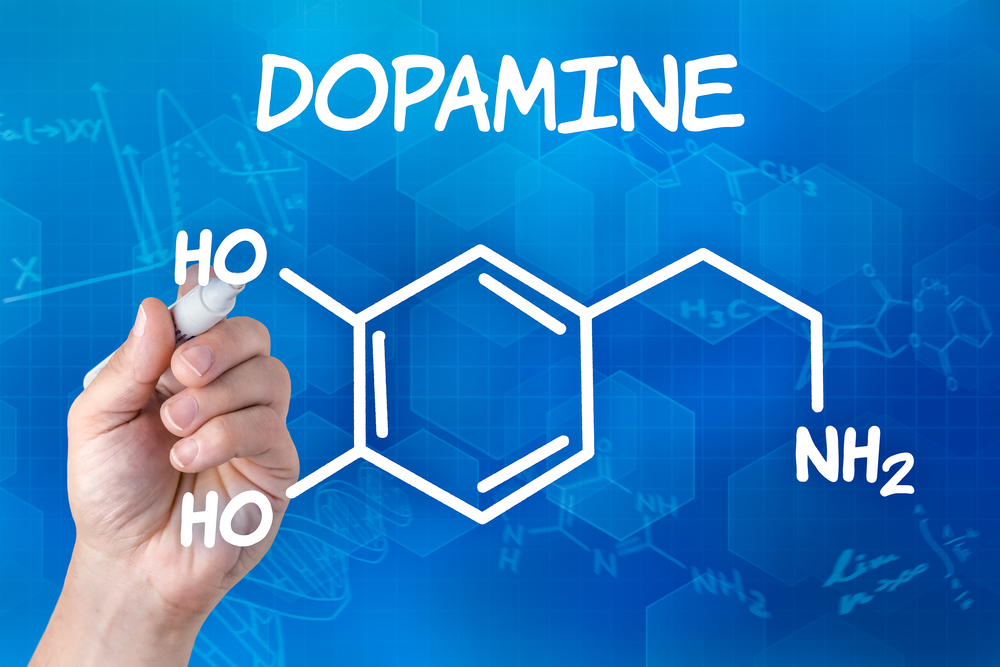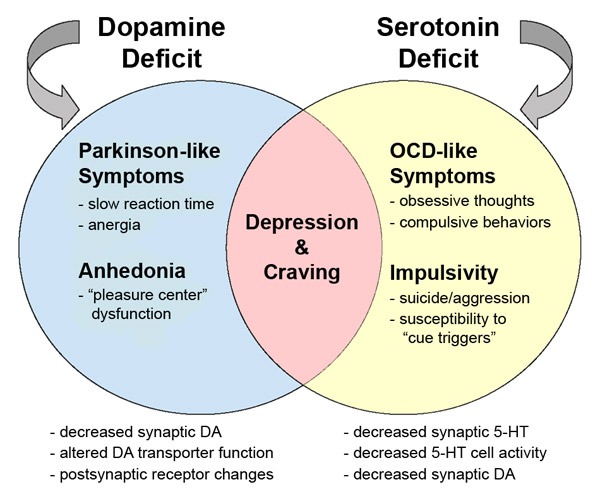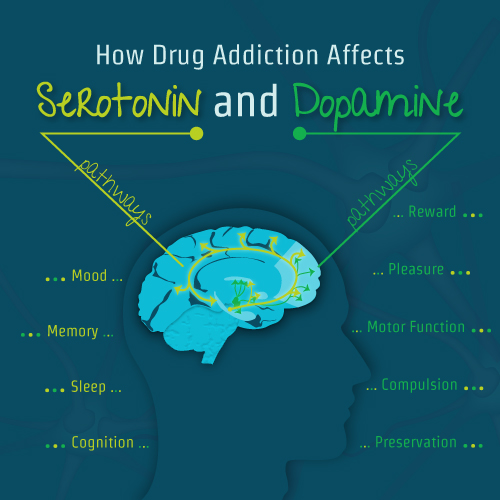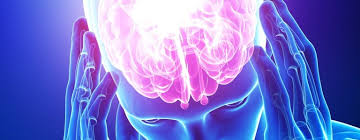Drug addiction mutilates brains health

Drug addiction mutilates brains health leaving serious problems behind
Drug addiction mutilates brains health: What is drug addiction?
You probably have heard this statement that “your health is your wealth” and didn’t take it seriously because you are so much rooted in search for the physical wealth. Your health is much valuable than any asset you can talk of anywhere in the world. That may not make sense now but wait until drug addiction mutilates brains health. Addiction has been defined in very many ways but for the purpose of this article, it is a chronic brain disease that causes users of alcohol and drugs to compulsively seek for those substances, regardless of the harm associated with them. From the experts’ opinion at AWAREmed Health and Wellness Resource Center, when one is first introduced to drugs, it’s usually a free choice made without any form of duress. And as the individual continues to use the substance, the brain becomes the first casualty. The brains functions get altered and the user of drugs gets motivated to continue using the drugs even despite knowledge of the consequences attached.
Doctor Akoury says that when drug addiction mutilates brains health, the result can be very devastating. Some of the consequences may include: loss of job, theft, violence and other physical or mental problems like depression, stress and anxiety. In her over two decades of experience, doctor Akoury advises that the following are some of the effects to be careful about:
Drug addiction mutilates brains health: Pleasure Effect
The pleasure effect is one of the notable cause where drug addiction mutilates brains health. This is mostly associated with several drugs including drugs of abuse like nicotine, cocaine, marijuana, and others. What these drugs do is that they affect the brain’s “reward” circuit, which is part of the limbic system that responds to feelings of pleasure by releasing the neurotransmitter dopamine. Take note that dopamine also creates feelings of pleasure. Drugs take control of this system, causing large amounts of dopamine to flood the system. This flood of dopamine is what causes the “high” or intense excitement and happiness also known as euphoria linked with drug use.
Drug addiction mutilates brains health: The repeat effect
The repeat effect happens because our brains are tuned in such a way that we will remember to repeat healthy activities, like eating, by connecting those activities with feeling good. Whenever this reward circuit is triggered, the brain immediately remembers that something important is happening that needs to be done. Besides that, it also teaches us to do it continually, without thinking about it. In the same way, since drugs of abuse come in and “hijack” the same circuit, users will learn to use drugs in the same way.
The effect of that is that after repeated drug use, the brain begins to adjust to the flows of dopamine. Neurons may also begin to reduce the number of dopamine receptors or simply make less dopamine. The result is less dopamine signaling in the brain like turning down the volume on the dopamine signal. As a result, the ability to feel any pleasure is reduced. The person feels flat, lifeless, and depressed, and is unable to enjoy things that once brought pleasure. At this point the person needs drugs just to bring dopamine levels up to normal, and more of the drug is needed to create a dopamine flood, or “high” an effect known as “tolerance.” This is now being in the high way of destruction and treatment needs to commence right away. Doctor Akoury will be waiting for your call today.
Drug addiction mutilates brains health: What is drug addiction?









